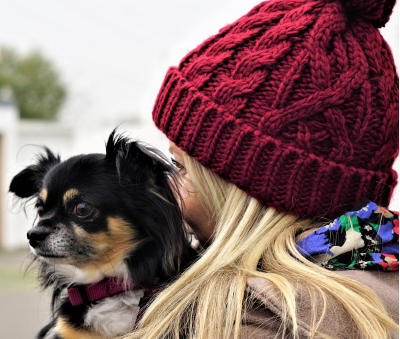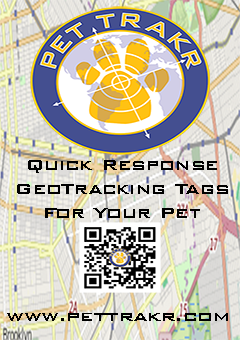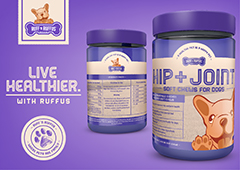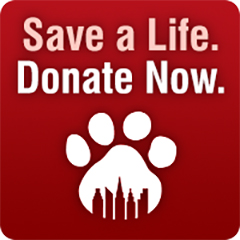COLD & FLU SEASON
Wintertime Tips To Keep Our Dogs Healthy
By Dr. Brett Shorenstein, VMD, Abingdon Square Veterinary Clinic
No doubt you’re aware that dogs can get “cold” viruses and bacterial infections. Today, most dogs are vaccinated to prevent Bordetella (kennel cough). The vaccine can also protect against other diseases, including the canine parainfluenza virus. But did you know that the chances of them catching one of these viruses are more significant in some seasons, just like their human owners?
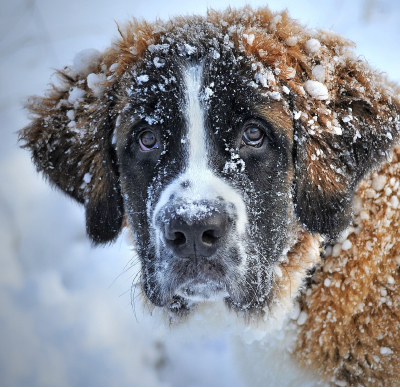
Boarding, daycare, and travel plans have begun to increase as quarantine requirements are lifted. And with the winter weather, we’re also seeing more canine cold cases in New York City. So, we recommend taking extra precautions when it comes to dog parks and daycare. Indeed, make sure your dog has a warm, comfortable place to rest at home and when active, be careful not to prolong exposure. Let’s face it. Not every pet has the stamina of a sled dog.
VACCINATE
If you take your dogs to play areas, pet stores, or other doggy gathering places, make sure your pups are vaccinated. If you notice dogs coughing in these spaces, consider leaving and coming back another time. The organisms causing diseases like Bordetella and canine flu are airborne, so it’s easy for dogs to pass them on. Even the cleanest kennels can’t always prevent an outbreak. If your dog has not been vaccinated and has been going to the dog park or daycare, contact your veterinarian.
STAY HOME
If your dog is coughing or showing other signs of canine cold or flu, please don’t bring them to play or boarding. We are happy to see your pet and prescribe medication when necessary! But, since no vaccine is 100 percent effective, we ask you to keep coughing pets away from group situations until they have not been coughing for about three days.
SPOTTING THE SIGNS
When canines cough, it can sound like honking, wheezing, or retching. If your dog begins to cough, especially suddenly, it’s best to bring them in for a vet visit as soon as possible.
Common signs of canine influenza or kennel cough include:
· Strong honking cough
· Runny nose
· Loss of appetite
· Sneezing
· Eye discharge
If you notice the signs and symptoms above, call your vet. Be observant; slight changes can lead to big problems. Take stock of what your dog looks like in a healthy state so when illness sets in. You can see the difference immediately.
Always make sure your pet has access to fresh water. Wintry weather can dehydrate, too, as can heated interiors. Trade an extended daily walk for some downtime with a humidifier. If they are experiencing congestion, the moist air will help break it up. With a little at-home TLC and treatment from your vet, they’ll be on the mend in no time!
Remember, no one can prevent all cold and flu infections, but we can reduce exposure by being careful and considerate.
For more information on Dr. Brett Shorenstein, VMD, and the Abingdon Square Veterinary Clinic,
visit abingtonsquarevet.com
